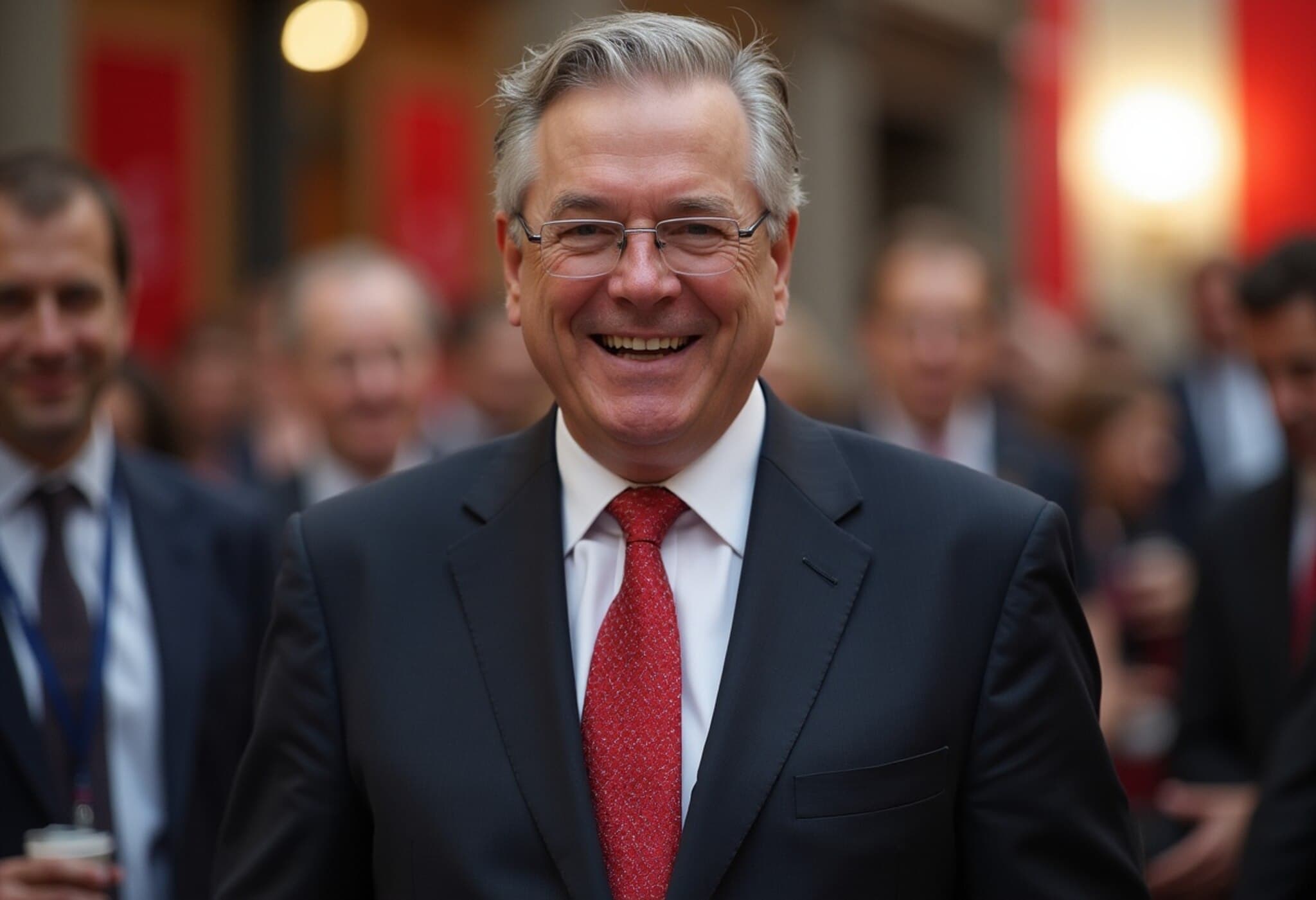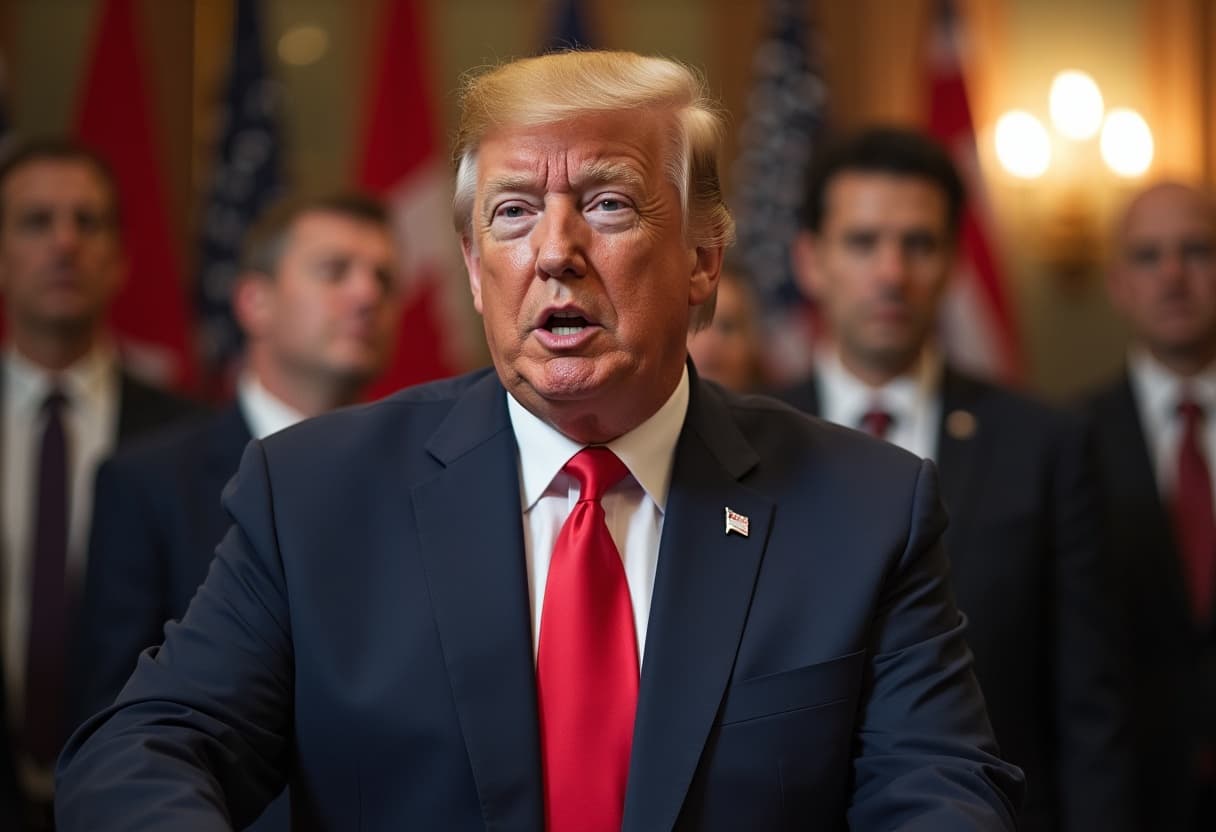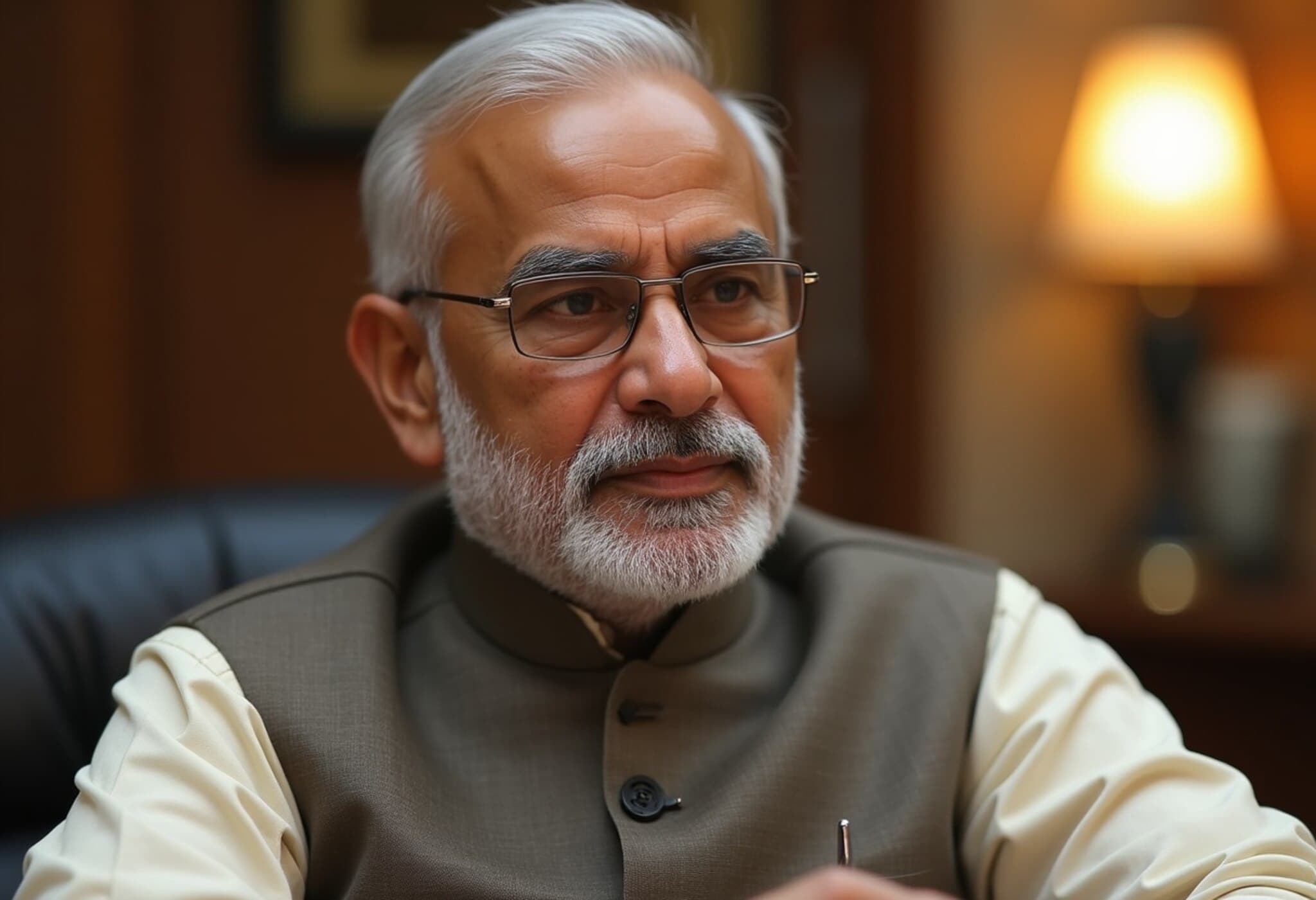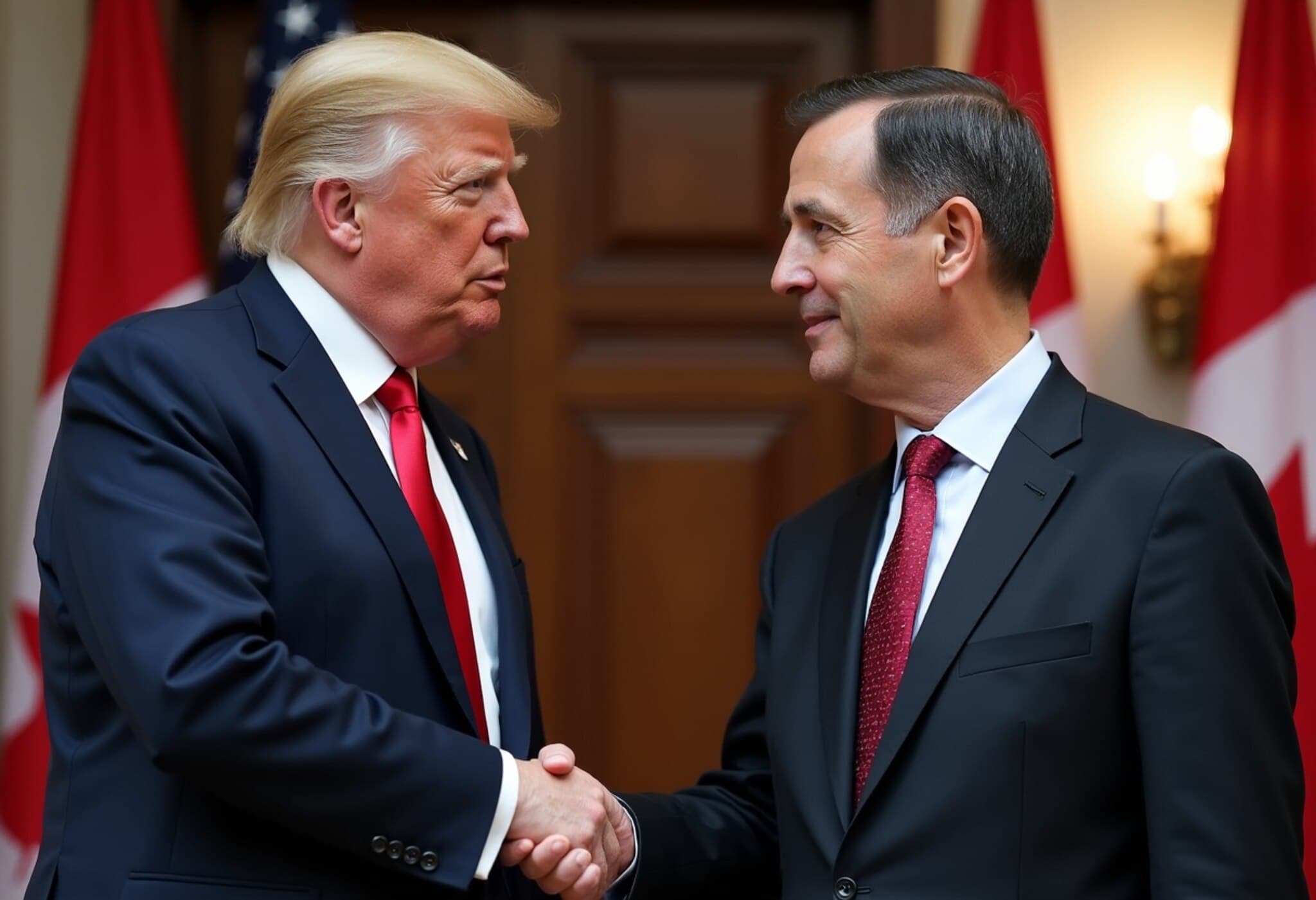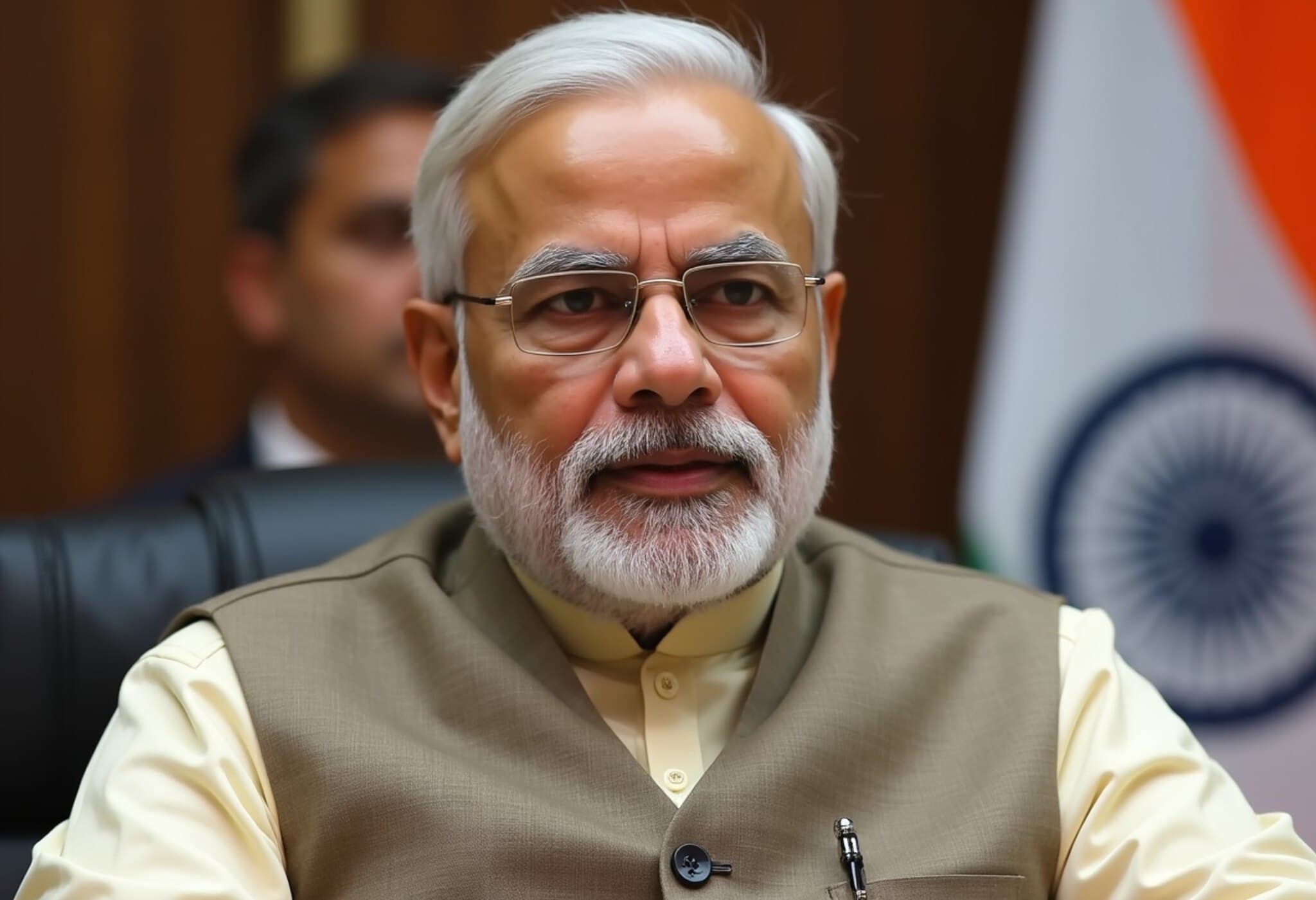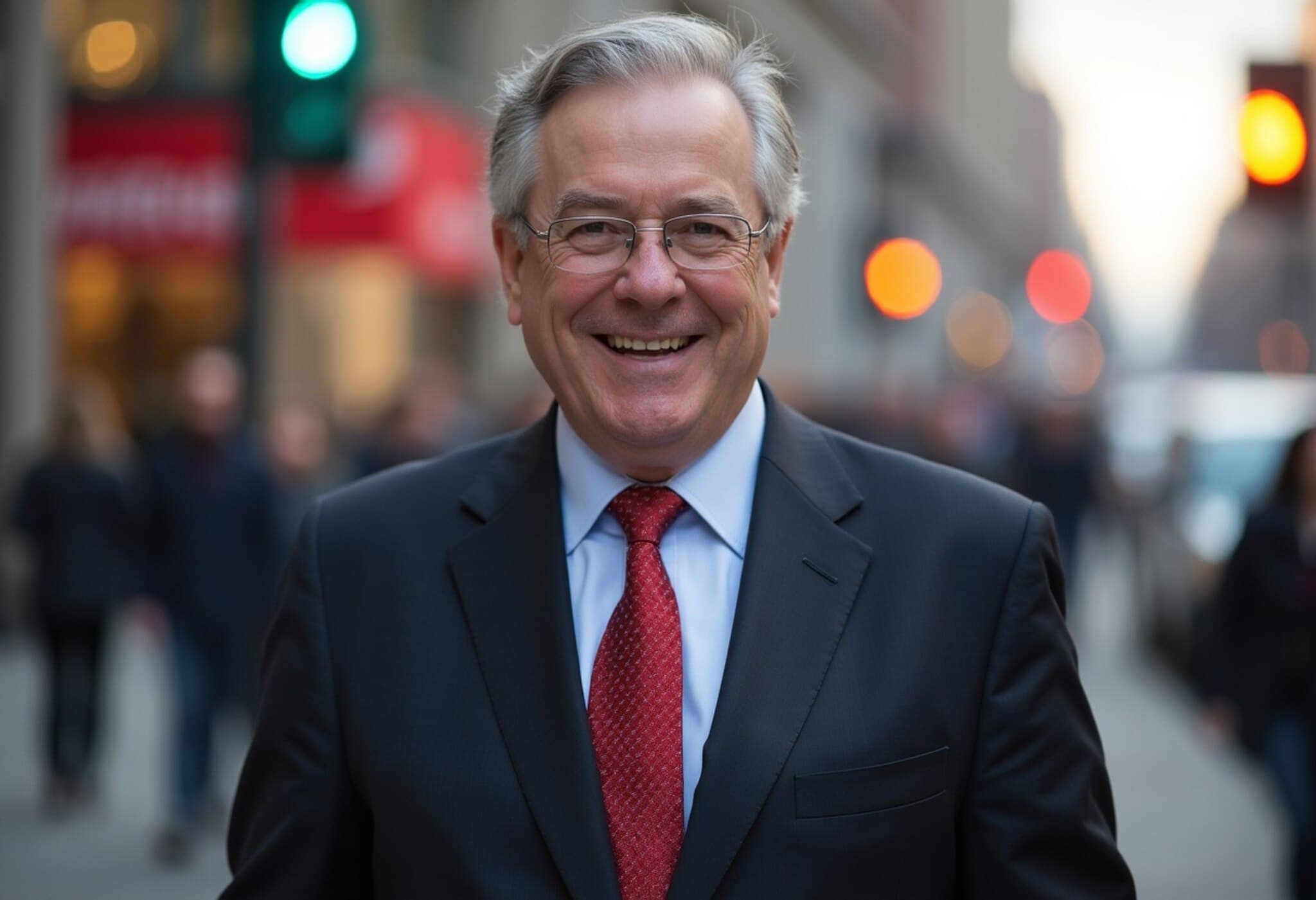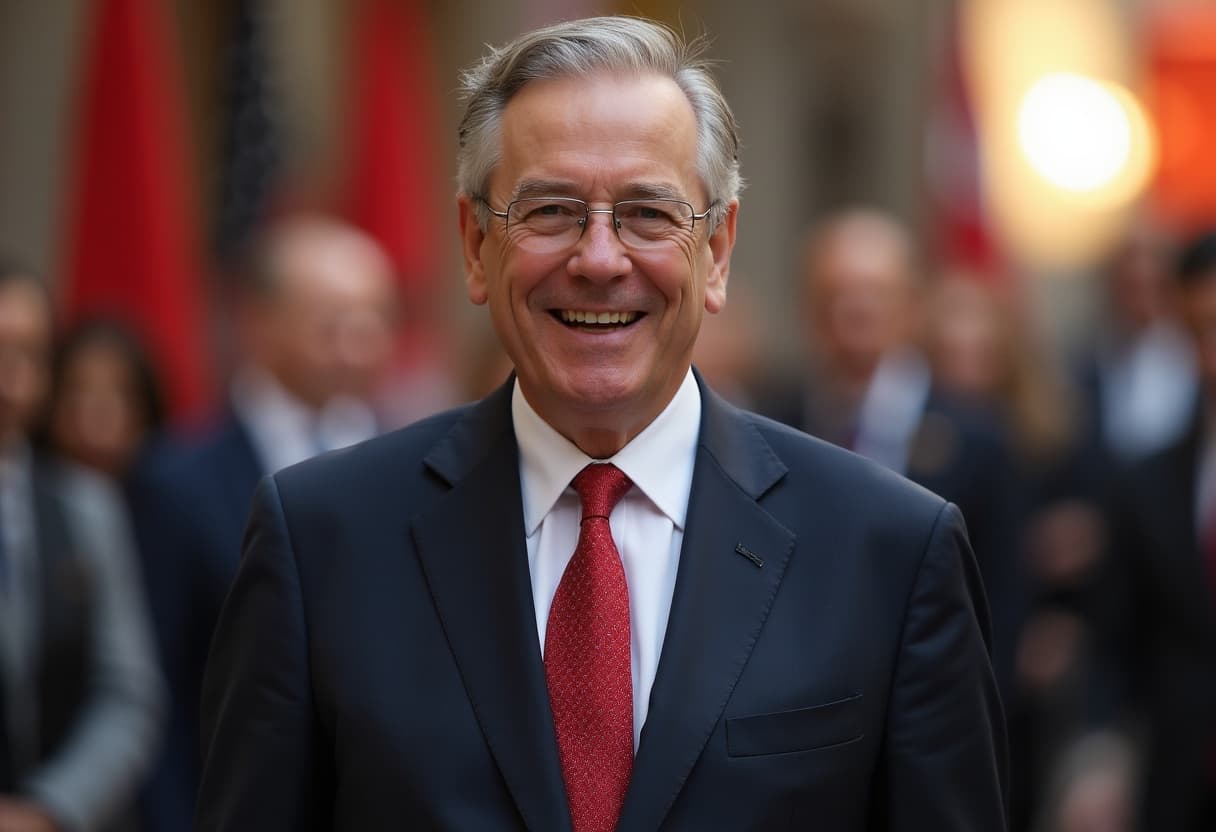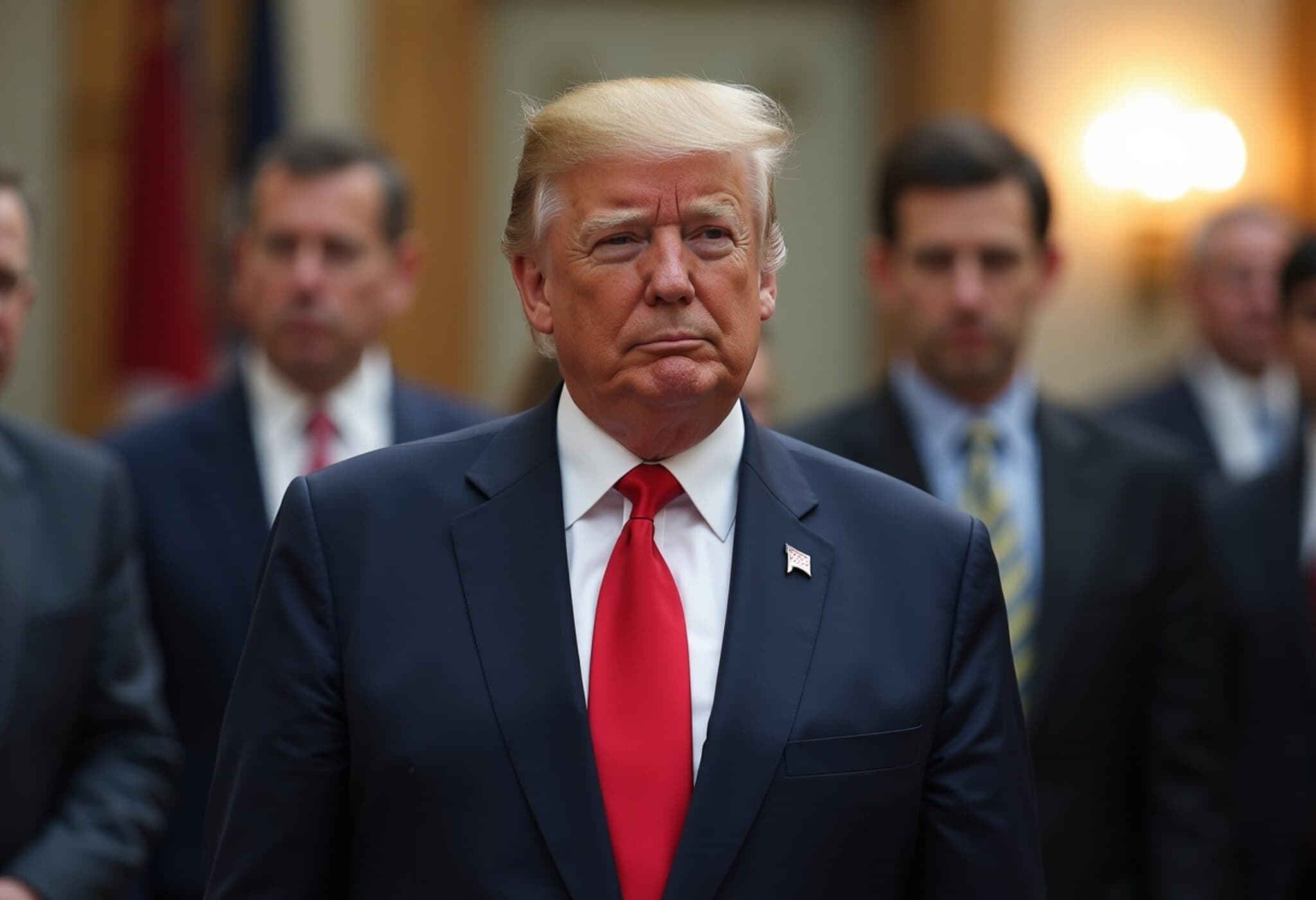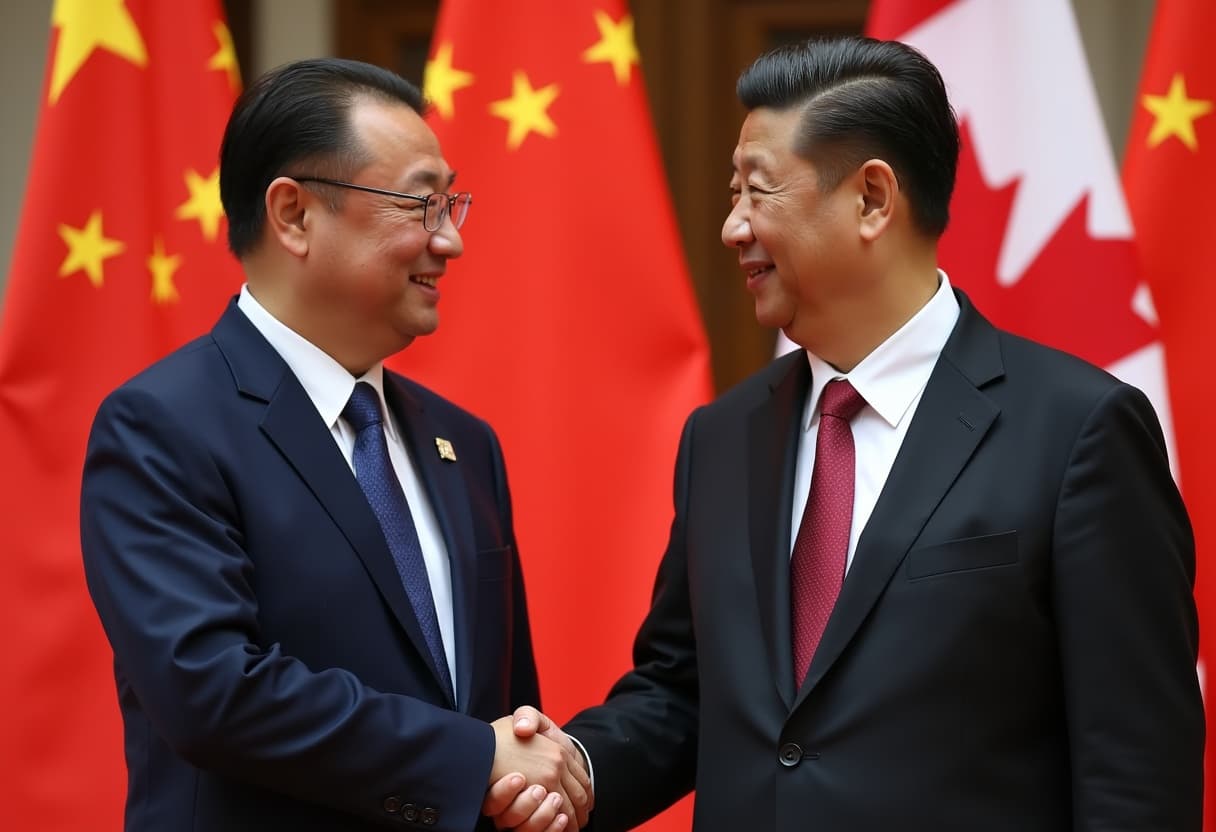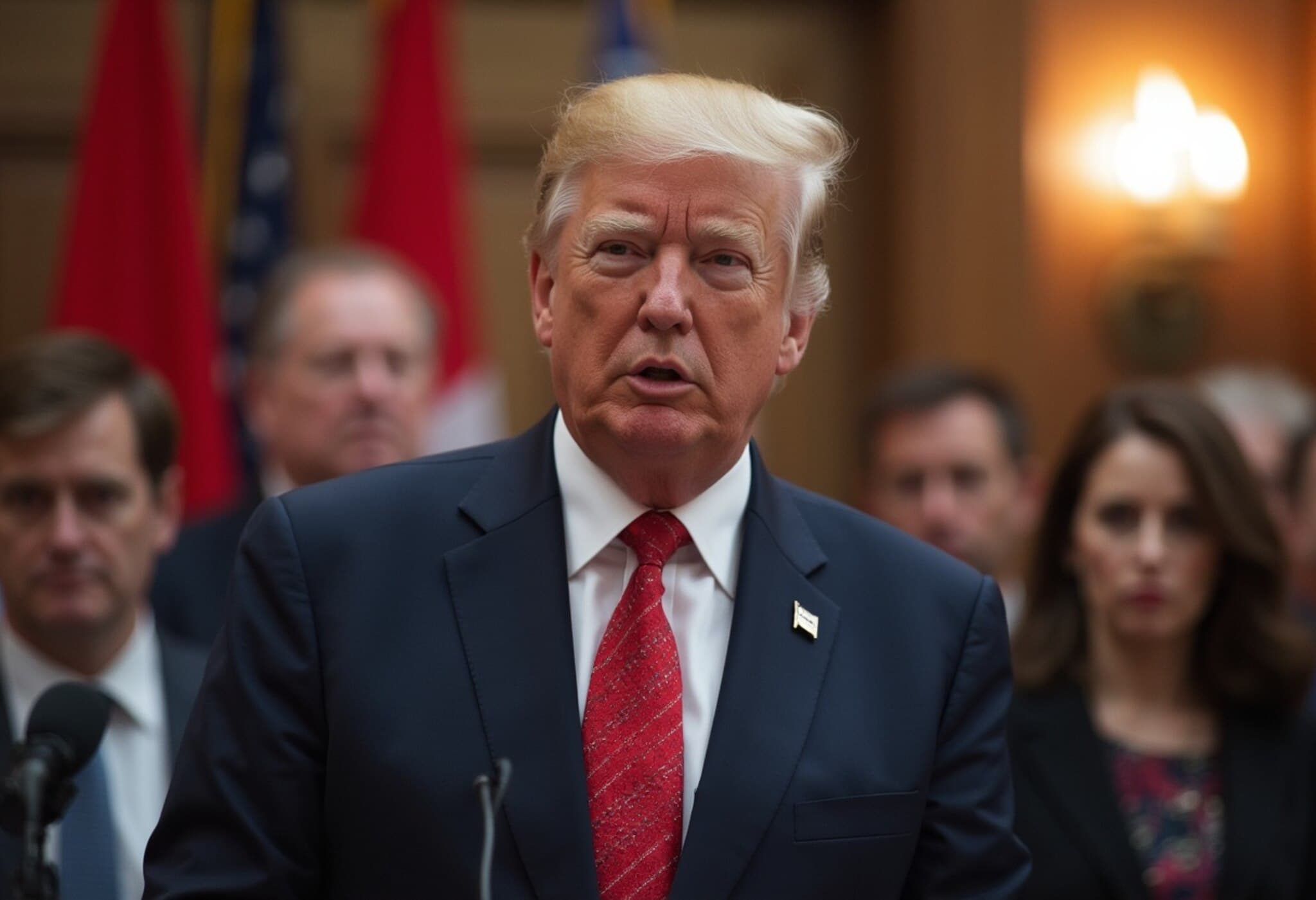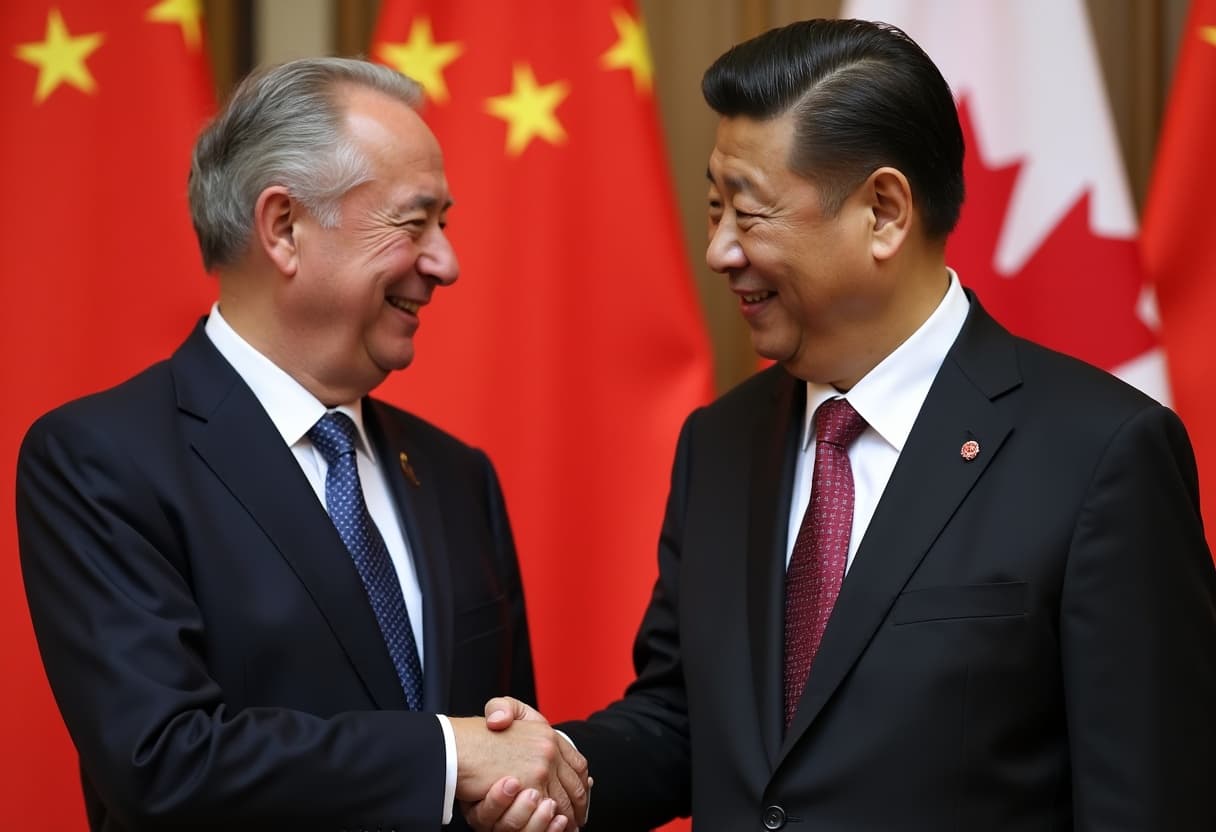Conservative Leader Pierre Poilievre Makes Triumphant Return to Canadian Parliament
In a commanding victory that has reignited the political landscape in Canada, Conservative leader Pierre Poilievre has reclaimed his seat in the House of Commons after winning a decisive by-election in Alberta’s Battle River-Crowfoot riding. Securing approximately 80% of the vote, the former Ottawa MP is poised to confront Prime Minister Mark Carney on the escalating tensions surrounding U.S. tariffs as Parliament resumes in mid-September.
From Setback to Comeback: Poilievre’s Political Resurgence
Poilievre, who was unexpectedly unseated in his long-held Ottawa-area constituency during the general election this past April, has rebounded swiftly by winning this by-election in a solidly Conservative region of Alberta. This victory not only restores his parliamentary presence but also his role as a leading voice of opposition against the Liberal government’s approach to foreign trade relations, particularly with the United States.
At a recent press conference, Poilievre didn’t hold back, accusing the Liberal administration of mishandling the complex U.S.-Canada relationship amid rising tariffs and trade disputes. He criticized Prime Minister Carney for what he described as a pattern of “backing down” and making concessions to Washington, a stance that Poilievre argues undermines Canada’s economic interests.
Prime Minister Carney’s Balancing Act
Since assuming office in March, Carney has navigated turbulent diplomatic waters, winning a strong minority government in April’s election on a platform promising to stand up to U.S. pressure, especially under President Donald Trump’s administration. However, in practice, Carney has taken a more measured approach, tempering rhetoric and seeking cooperation amidst an increasingly protectionist U.S. trade agenda.
Political analysts suggest that Carney’s pragmatism aims to stabilize Canada’s economy during uncertain times but opens him up to criticism from opposition figures like Poilievre, who advocate a more assertive posture. Still, the prime minister enjoys a relatively secure grip on power, with the Liberal Party maintaining considerable popular support and parliamentary alliances with smaller parties ensuring legislative stability.
Public Sentiment and the Polling Landscape
A recent poll by Nanos Research revealed that the Liberal Party sits comfortably at 44% popular support, while the Conservatives trail at 33%, underscoring the challenges Poilievre faces in rallying public opinion. Nik Nanos, the firm’s CEO, notes that Carney’s centrist pivot has narrowed the ideological gap, making it harder for Poilievre to draw sharp contrasts that resonate widely.
Nonetheless, Nanos advises that Poilievre’s path forward lies in clearly articulating lessons learned from the last federal election and presenting a distinct, compelling alternative to Carney’s policies. This includes not just criticism but detailed plans for how a Conservative government would navigate Canada’s evolving international and economic landscape.
Broader Context: Trade Tensions and Economic Impacts
The backdrop to this political drama is a suite of complex challenges — escalating U.S. tariffs, threats of annexation rhetoric, and shifting global trade alliances — all of which bear heavily on Canadian industries and workers. Alberta, home to vast natural resources and energy sectors, feels these pressures acutely, making it a critical battleground for political messaging and policy proposals.
Poilievre’s overwhelming victory in Battle River-Crowfoot signals robust regional support for a tougher stance, reflecting local frustrations with the federal government’s handling of economic sovereignty. It also raises broader questions about the future of Canada-U.S. relations and how Canadian leaders will balance diplomacy with domestic economic interests.
What to Watch as Parliament Reconvenes
- Poilievre’s Parliamentary Debut: His return intensifies opposition scrutiny over trade policy and government strategy against U.S. tariff escalation.
- Carney’s Response: Observers will be keen to see whether Carney intensifies his defense of current policies or adapts in response to mounting political pressure.
- Impact on Canadian Businesses: The debates could shape concrete legislative proposals affecting tariffs, trade agreements, and economic protections.
Editor’s Note
Pierre Poilievre’s political revival highlights how regional dynamics and trade tensions continue to shape Canada’s federal political terrain. His emphatic win in Alberta underscores local demands for assertive leadership as global economic uncertainties persist. Yet, the evolving standoff with Prime Minister Carney over U.S. tariffs raises important questions: Can Poilievre craft a compelling alternative that resonates beyond traditional Conservative strongholds? And will Carney’s centrist approach hold steady amid growing economic nationalism? As the House of Commons reconvenes, Canadians face a critical juncture that will test both leaders’ ability to navigate the complexities of international diplomacy and domestic economic resilience.

